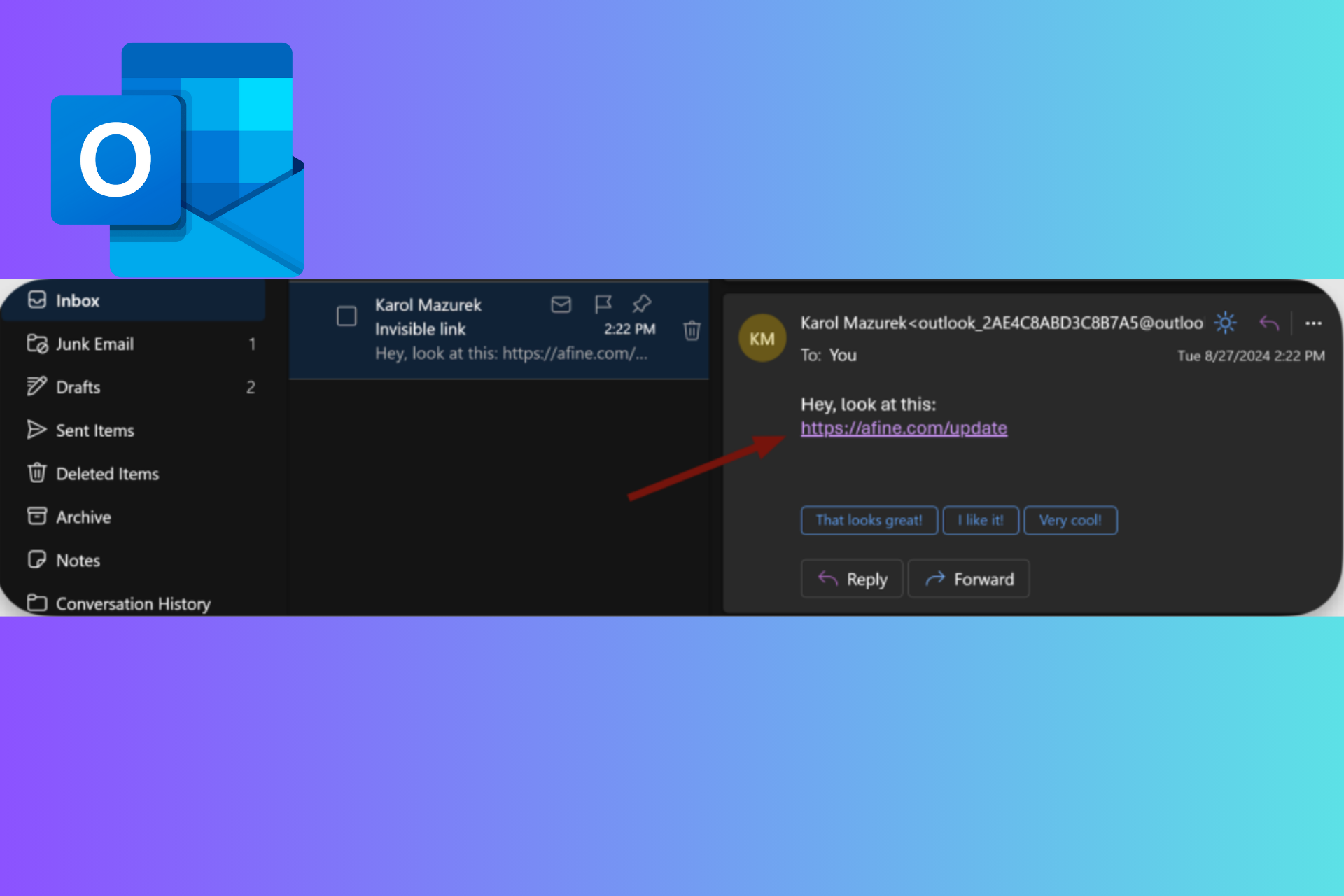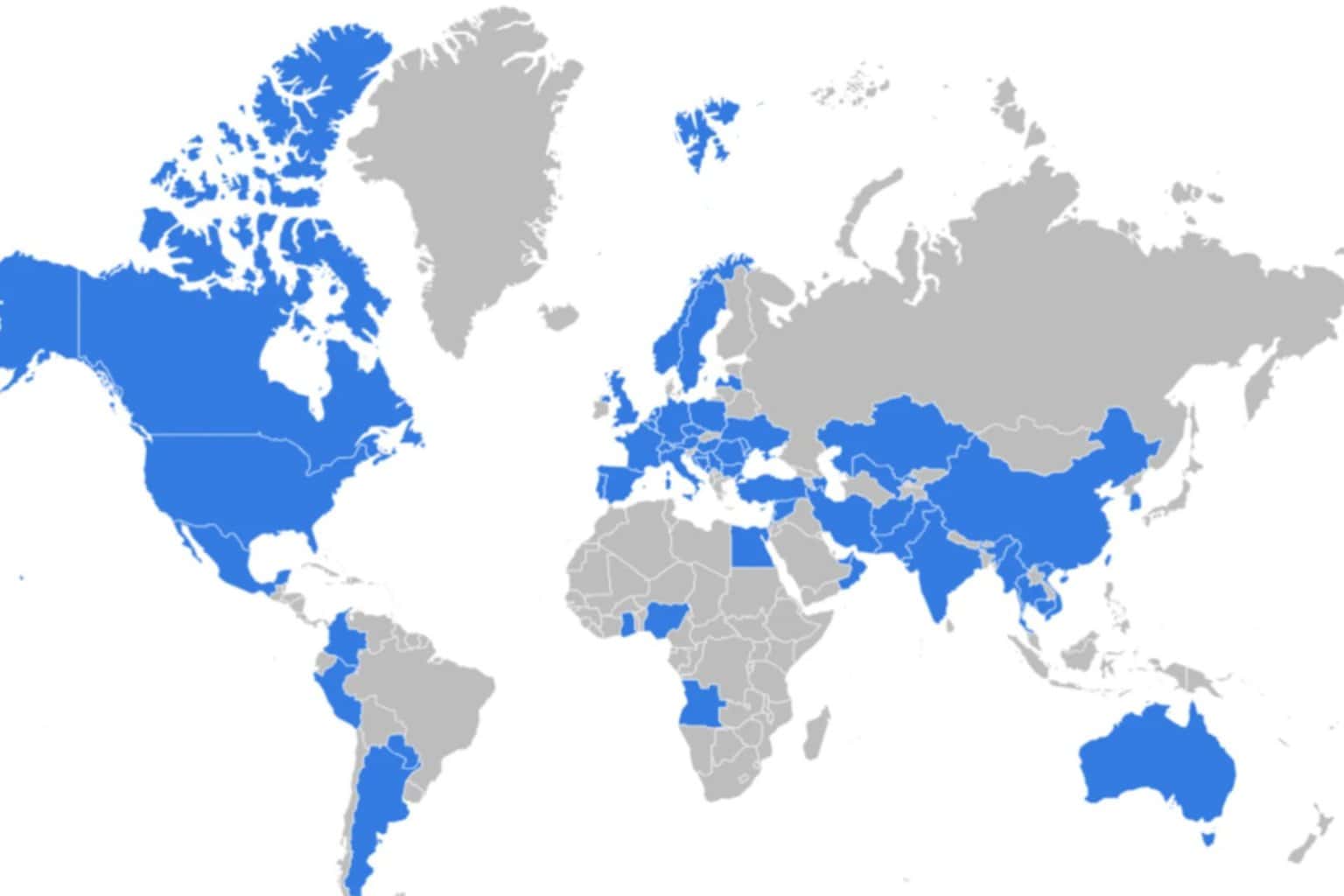Chrome enhances browsing privacy via new cookies handling process
3 min. read
Updated on
Read our disclosure page to find out how can you help Windows Report sustain the editorial team. Read more

Google is currently working on higher protection for Chrome’s users against cyber attacks. It looks like Google Chrome fans will be able to enjoy increased security and privacy and here’s how Google plans to materialize the idea. The company is planning to reduce the lifespan of cookies that are delivered via HTTP connections.
The move seems to be targeted mostly at website developers and advertisers, and Google hopes that they will send cookies via HTTPS because this step would offer increased confidentiality protection against cyber attacks. Mozilla also experienced with this feature, but it never reached Firefox.
Sending cookies via plaintext HTTPs is a major privacy and security risk
The cookies might be intercepted and even modified by an attacker. The ban over sending cookies via HTTP is not a viable option for the moment, and Chrome engineers are hoping that by limiting cookies’ lifespan, they would also prevent massive troves of user data from collecting inside cookies. This would also prevent advertisers using the same cookie to track users across various sites.
HTTP cookie lifespan capping is targeted at Chrome 70
Chrome engineers plan to limit HTTP cookies lifetime to an initial maximum value of a single year, and this duration is set to reach a few days only in the future.
The capping process is scheduled for Chrome 70 which will be released in October. For the moment, a large number of HTTP-transmitted cookies have a lifespan that goes past one year.
The process won’t affect you in an obvious way
Mike West, Google engineer stated that cookie are fragile and they can get evicted all the time for various reasons outside the limits of developers’ control. There won’t be involved a high compatibility cost, and users won’t even fell the difference.
But, the ones who will feel the difference are services that use non-secure cookies, and this is a good thing. Sending cookies over non-secure channels especially when it’s done at a higher scale as part of an advertising network triggers specific risks.
Google’s decision will not stop user tracking online, but the move will increase security and prevent third-parties without authorization from getting access to the data by observing cookie flow via the network’s traffic.
Speaking of stopping third-parties from tracking your online activities, here are some suggestions on how to do that:
- Install Mozilla’s new privacy tool to block Facebook tracking
- Use Duckduckgo and CyberGhost to avoid tracking on the Internet
- TrackOff VPN is a great VPN software that protects your online privacy
- 5 of the best VPNs for Google Chrome to use in 2018








User forum
0 messages